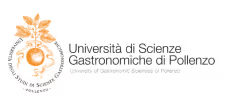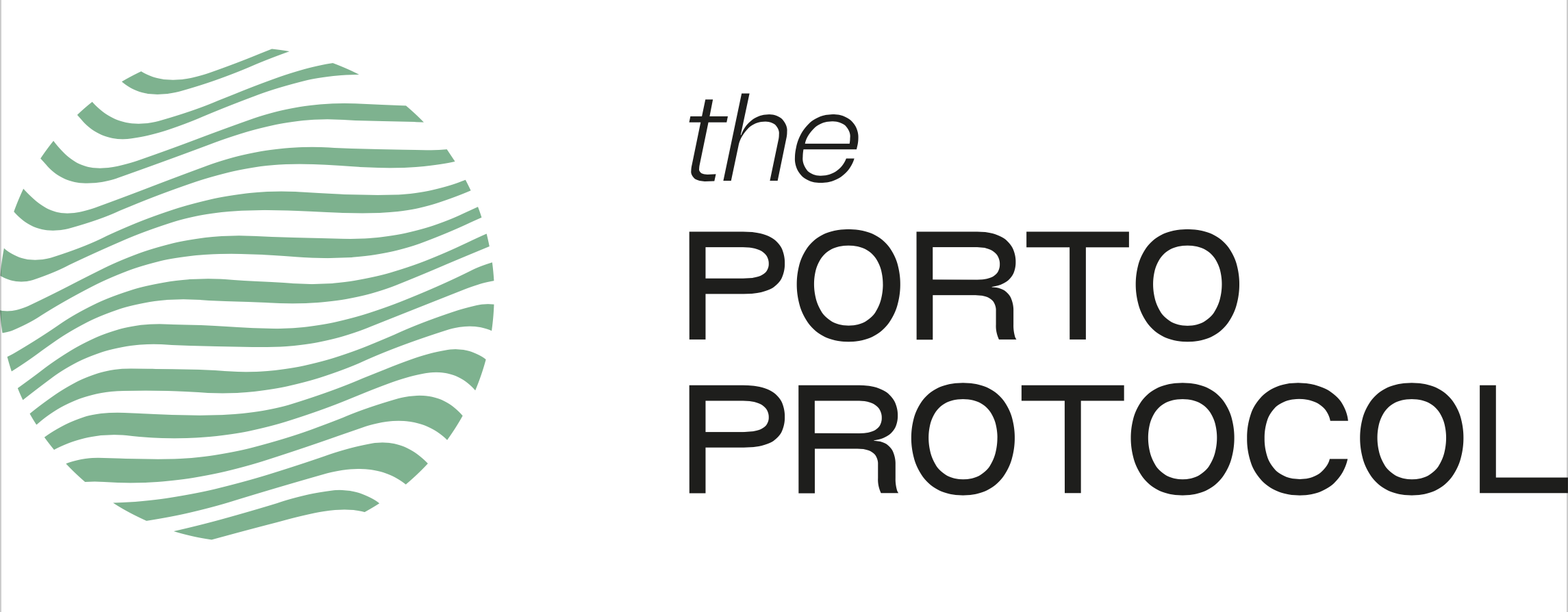“I would highlight two advantages of this guide: it provides alternatives to every aspect of packaging, making you also think of new aspects that you had not even considered before; and it reinforces the idea that every step counts, that every progress, even if small, is good for the planet.” (Victoria Gonzalez-Gordon, Gonzalez Byass)
Carbon footprint of a 0.75 l bottle of Italian wine, over its entire life cycle, ranges from 0.9 KgCo2 eq at 1.9 kg Co2 eq
Source: https://www.sciencedirect.com/science/article/abs/pii/S0048969721014844
In a sector deeply rooted in tradition, the way in which wine is packaged often goes unnoticed and the glass bottle is neither questioned in its structural characteristics nor are they considered alternatives.
It becomes necessary to create a rupture and encourage and take a more conscious approach to production and consumption, even for wine packaging. The Unpacking Wine guide addresses this challenge and offers a practical and informed resource for wine producers who understand that packaging decisions do not only concern their product, but systemically influence the environment, consumer perception and, ultimately, the legacy of the sector.
Unpackging wine guide is a document created to guide informed decisions regarding the packaging that each producer chooses for their wine, taking into account the environmental impact at every stage.
This is not a directive, but an invitation: an invitation to rethink, innovate and reimagine. It is an extremely practical guide, which shares ideas, real case studies and concrete steps, knowing that real change begins when knowledge meets practice.
The guide is structured in six chapters:
- Global Packaging Overview
- The environmental impact of wine packaging
- Primary packaging (investigates aspects and solutions related to: containers, closures, capsules, labels and ink)
- Secondary and tertiary packaging (investigates aspects and solutions related to: gift packages, cases, outer cases, protective packaging, tertiary packaging)
- The power of design (by Omdesign)
- Bibliography
“Wine producers are experts in wine, not in packaging”: this guide was created to be of real support to their work.







